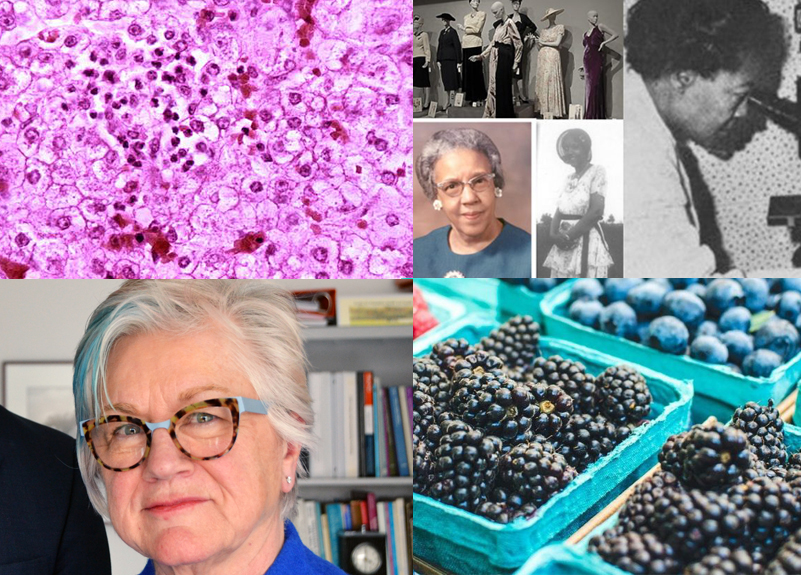Looking back on Ohio State's public health innovators

Tackling grand public health challenges requires grand innovators. In line with National Public Health Week's theme of "Looking Back, Moving Forward," we are drawing strength in these difficult times from the stories of the college's many pioneers.
Among the bright Ohio State public health minds who have made their marks on the field, five were featured by the university in its collection of 150 innovators over the last 150 years. Their discoveries reflect Ohio State’s ongoing commitment to excellence in education, research, innovation and community engagement.
- Ruth Ella Moore (1903-1994) was the first African-American woman to earn a PhD in the natural sciences — delivering her doctoral dissertation at Ohio State on the bacteriology of tuberculosis. Though Ohio State didn’t have a College of Public Health in 1933, bacteriology was, from the mid-1910s through World War II, the foundational science of public health research and practice. Moore, a lifelong public health practitioner, was the first woman to head any department at Howard University and also went on to make significant contributions in the study of blood types, immunology, tooth decay and the reaction of specific pathogens to different classes of antibiotics.
- Janet Rice and Richard Lanese (1928-2012), then faculty at the Ohio State School of Preventive Medicine, were part of a team that in 1982 published a paper in the Journal of the American Medical Association revealing the connection between Reye’s syndrome and aspirin use in children. Reye’s syndrome is a rare disorder that causes brain and liver damage and usually occurs in children who have had a recent viral infection, such as chickenpox or the flu. This work led to widespread recognition that taking aspirin to treat such an infection greatly increases the risk of Reye’s. The team also included collaborators from the Ohio Department of Health.
- As a tireless advocate for smoking cessation, Professor Emerita Mary Ellen Wewers’ work has greatly expanded our understanding of tobacco addiction, particularly among underserved communities that are disproportionately affected by tobacco-related disease and death. Wewers continues to study tobacco use patterns and search for interventions that keep people from using tobacco or help them quit.
- Gary Stoner, professor emeritus and former chair of the Division of Environmental Health Sciences, is a pioneer of cancer-prevention research. His leading work has uncovered the important role that naturally occurring compounds in our food have in protecting us against cancers of the esophagus and colon. His research on berries – black raspberries in particular – and their anti-cancer components is documented in more than 50 peer-reviewed publications and book chapters.
About The Ohio State University College of Public Health
The Ohio State University College of Public Health is a leader in educating students, creating new knowledge through research, and improving the livelihoods and well-being of people in Ohio and beyond. The College's divisions include biostatistics, environmental health sciences, epidemiology, health behavior and health promotion, and health services management and policy. It is ranked 22nd among all colleges and programs of public health in the nation, and first in Ohio, by U.S. News and World Report. Its specialty programs are also considered among the best in the country. The MHA program is ranked 5th and the health policy and management specialty is ranked 21st.